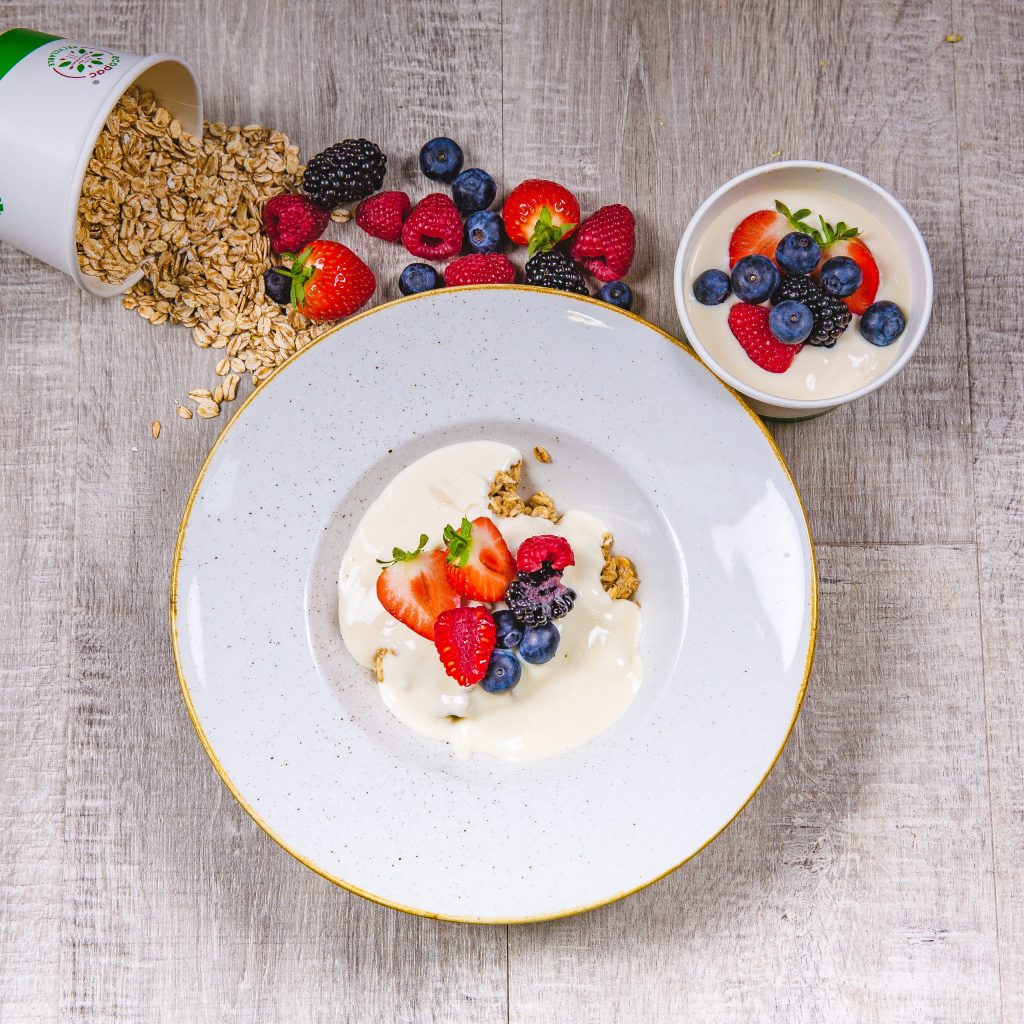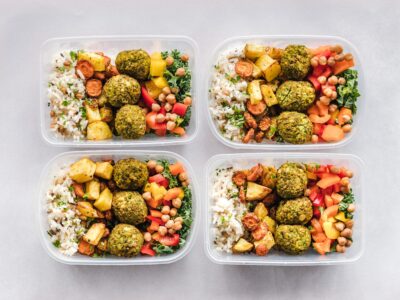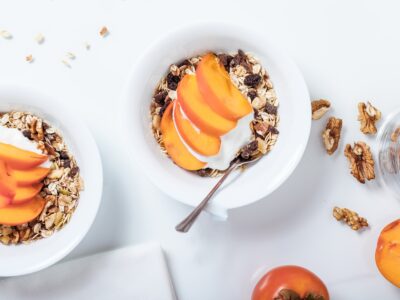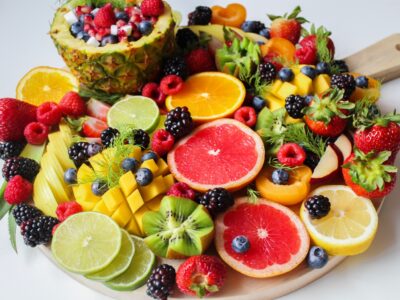It’s no big secret that a healthy diet that contains plenty of vitamins and minerals helps you feel good and reach your fitness goals.
Striking the right balance of nutrients can be complicated, especially if you’re trying to figure it out on your own.
No single food is a source of every nutrient you need for good health so it’s crucial to get your vitamins and minerals from a variety of foods.
Ideally, your healthy meals should have a balance of protein and healthy fats too to help you meet your unique goals.
But if you have been focusing heavily on your macros to help you meet your specific goals, you may be overlooking some of the essential nutrients that will help you get healthier and fitter.
This is very common when it comes to trace nutrients such as selenium and copper. Your body isn’t able to produce many of these nutrients so it’s crucial to get enough of them through your diet.
A deficiency in any of these nutrients can lead to potentially serious health problems. Luckily, they’re readily found in many foods and a healthy diet can provide the full range of nutrients.
Fruits and vegetables
Fruits and vegetables are star players. They’re low in calories but rich in fiber and nutrients, which makes them the perfect choice for fuelling your body no matter what your health and fitness goals may be.
Lots of everyday fruits and vegetables are nutritional superfoods and can go a long way towards helping your body to get the range of vitamins and minerals it needs. You may be surprised to know exactly how many different types of vitamins and minerals are packed into some vegetables.
Kale is a great source of vitamin A, vitamin C, calcium, potassium, copper, and manganese while spinach packs a punch with folate, potassium, magnesium, and vitamins A and K, for example.
And because fruits and vegetables are also a great source of antioxidants and have strong anti-inflammatory effects, eating plenty of them can also help reduce inflammatory markers and can protect against heart disease, diabetes, and even cancer.
Healthy fats
Healthy fats are well known for their heart-healthy benefits but they also go hand in hand with vitamins.
Healthy fats help fat-soluble vitamins such as vitamins A, D, E, and K to be absorbed and used effectively by your body.
Avocado and olive oil are just two examples of the healthy fats that can help you get the most from the vitamins you consume.
Meat
Meat can be a fantastic source of protein and many nutrients, including B vitamins, zinc, and iron. Red meat can also provide potassium and selenium.
Vitamin B12 is abundant in meat (and animal foods in general) and is difficult to obtain from plant-based foods.
Including meats in your diet makes it much easier to get optimum levels of B12 without needing to supplement.
Legumes and whole grains
Legumes and whole grains also provide a great range of nutrients and fibre.
As well as being an affordable source of plant protein, legumes and beans are loaded with B vitamins, iron, folate, potassium, and calcium. If you don’t eat meat or want to mix up your meat intake with plant protein, beans and legumes are a versatile way to bulk out meals and add extra nutrients.
Whole grains are very nutrient-dense too. Iron, magnesium, B vitamins, selenium, and manganese are just a few of the vitamins and minerals that can be found in pure whole grains.
Oatmeal, quinoa, brown rice, wild rice, bulgur, barley, sorghum, and buckwheat all count as whole grains if they are made from pure whole grains and aren’t a combination of whole grains and refined grains.
An easy way to enjoy balanced nutrition
But it’s not just about eating healthy to stay well. Healthy meals can also provide you with the vitamins and minerals for achieving your unique fitness goals.
Our bespoke meal plans give you the optimum balance of vitamins and minerals across the week. Each meal works together to provide the nutrients you need to achieve your unique goals.
This avoids the potential for deficiencies in crucial vitamins and minerals, especially micronutrients that can be easily overlooked. It’s the easy way to make sure your nutrition is perfectly balanced and aligned with your goals.





